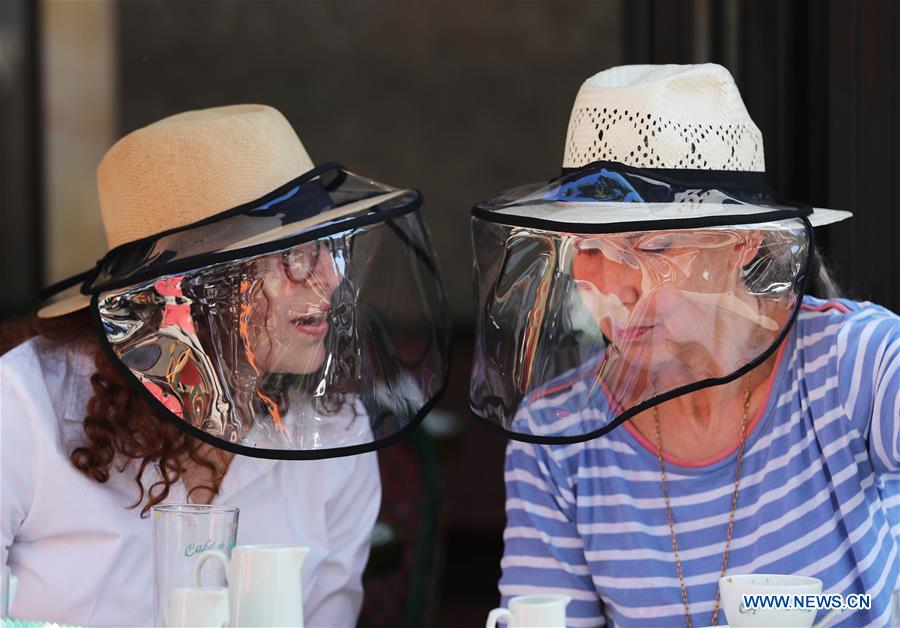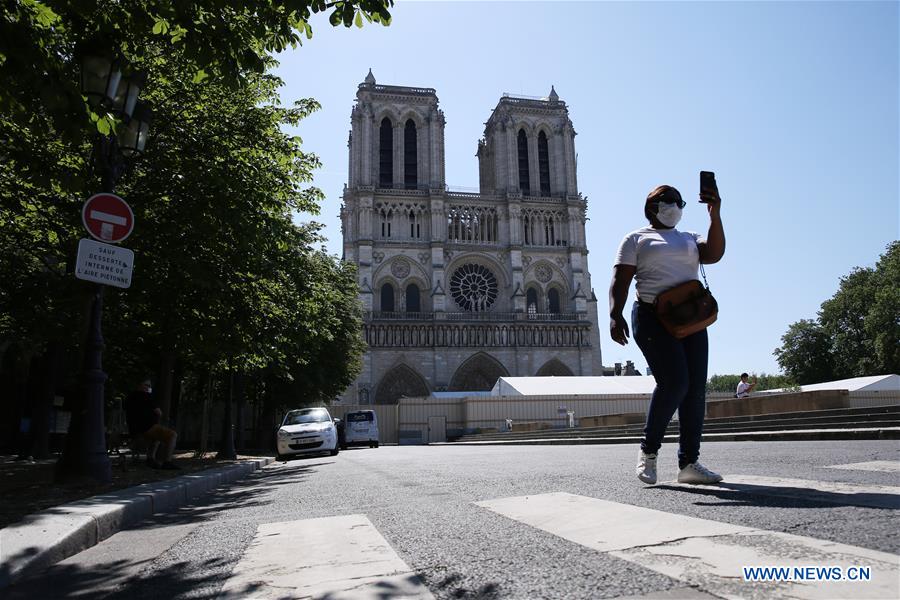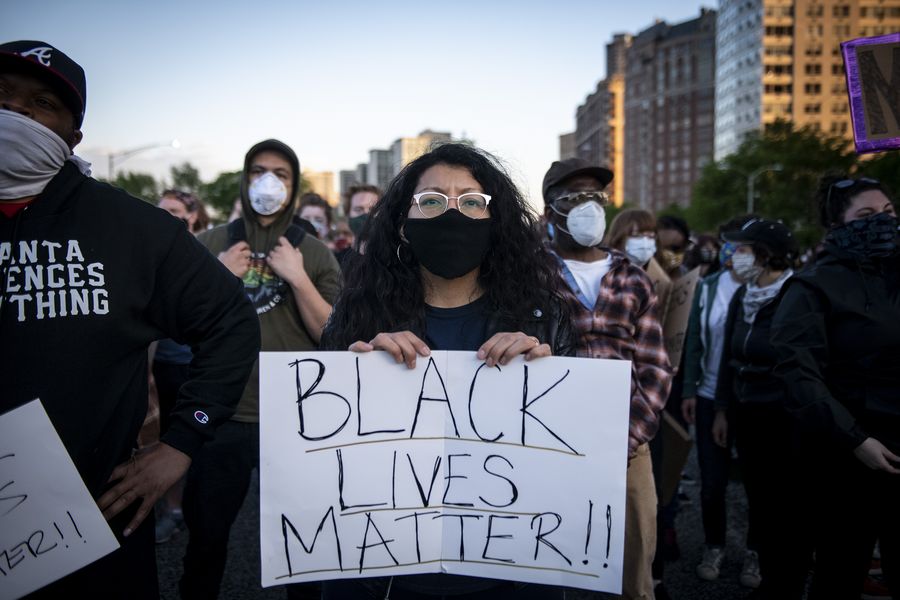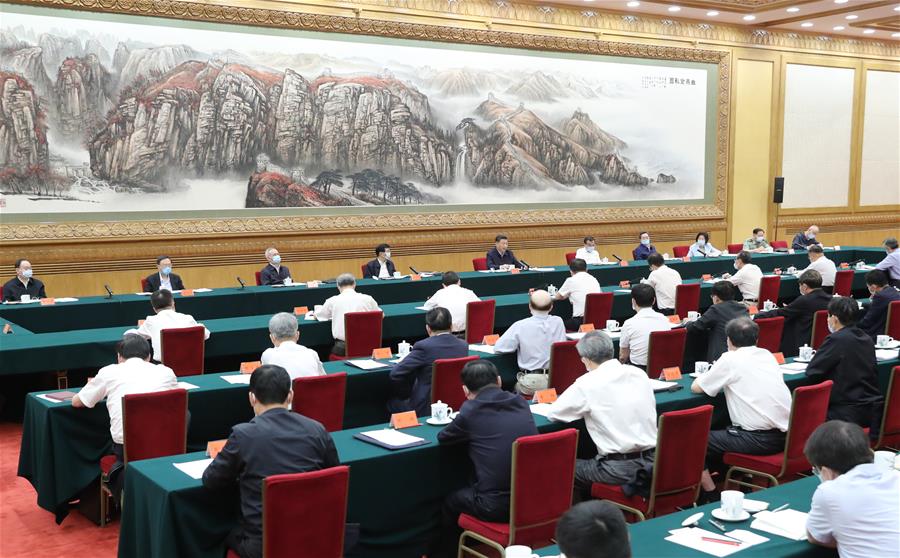-- Wuhan, epicenter of the novel coronavirus epidemic in China, tested more than 9.8 million people in 19 days, leading to the discovery of 300 asymptomatic cases. No confirmed cases were found.
-- Officials said the testing drive lifts "psychological lockdown" of Wuhan residents and proves the city as a safe place.
-- Wuhan's daily testing capacity surged from 300,000 to more than one million samples during the campaign.
-- The city forked out about 126 million U.S. dollars on the tests, which were voluntary and required no payment from the testees.
by Xinhua writers Yao Yuan, Yu Pei, Yue Wenwan and Tan Yuanbin
WUHAN, June 2 -- Wuhan, in central China's Hubei Province, tested nearly 10 million residents in a 19-day drive to screen for novel coronavirus infections, with officials hailing the effort as ending "psychological lockdown" for the virus-ravaged city.
The city tested 9,899,828 people between May 14 and June 1, according to a press conference on Tuesday afternoon.
No confirmed COVID-19 cases were found in the process, said Lu Zuxun, professor with Tongji Medical College, Huazhong University of Science and Technology, at the event.
Meanwhile, 300 asymptomatic cases were found and quarantined. All the tracked 1,174 close contacts tested negative for COVID-19 and were also quarantined, Lu told the media.
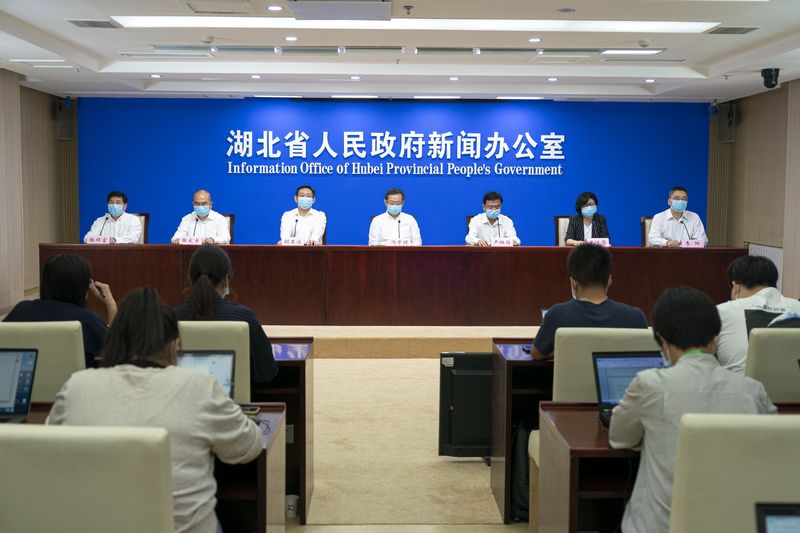
Photo taken on June 2, 2020 shows the press conference about a citywide COVID-19 tests in Wuhan, central China's Hubei Province. (Xinhua/Xiong Qi)
On May 14, the city launched a campaign to offer nucleic acid tests to those not tested before. Officials said the move was aimed at tracing asymptomatic cases and reassuring society as the city gradually reopens its factories, businesses and schools.
Executive Deputy Mayor Hu Yabo said the city spent 900 million yuan (126 million U.S. dollars) on the tests, which was "totally worthwhile" as it reassured Wuhan residents, as well as the whole nation, and will help the city bring its social and economic activities back on track.
"After the citywide tests, Wuhan residents, who made great sacrifices during the city's lockdown, will also lift their psychological lockdown," he said.
The city's health commission said the tests were voluntary and free, with all costs borne by the government.
Li Lanjuan, a renowned Chinese epidemiologist, said the campaign brought the total number of nucleic acid testees in Wuhan to 10.9 million.
Li also noted that no live virus was cultivated from the phlegm samples and throat swabs of 106 asymptomatic carriers, while over 97 percent of Wuhan's residential complexes did not find asymptomatic infections in the testing campaign.
"Wuhan is now safe, and Wuhan people are safe," she told the media.

